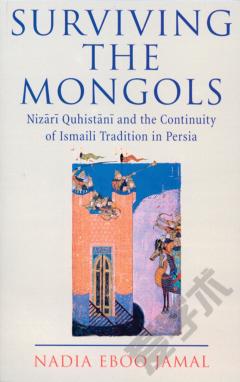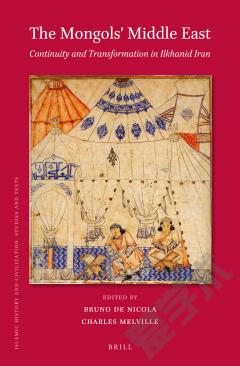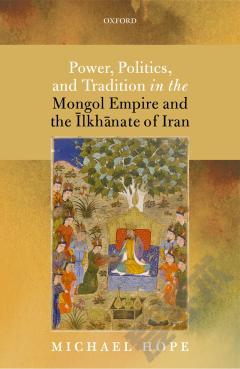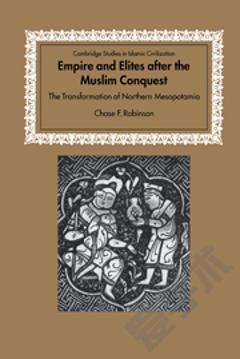Surviving the Mongols —— Nizari Quhistani and the Continuity of the Ismaili Tradition in Persia
----- 蒙古人的生存:尼扎里·库斯塔尼和波斯伊斯玛莉传统的延续
The Mongol invasion of Iran in the thirteenth century was a catastrophe for all its inhabitants. For the Persian Ismailis in particular, it put an end to their political aspirations and independent existence for many centuries. It has been held by many historians that subsequent to the fall of the central Ismaili fortress of Alamut to the Mongols, the community was virtually extirpated from the region and its institutional network dismantled until its revival in the sixteenth century under the Safavid dynasty. Such an expansive view of post-Alamut Ismailism is questioned by this study which examines the poetic writings of Nizari Quhistani, one of the few Ismaili authors who survived the Mongol invasion and whose works are accessible today. The evidence of Nizari's writings demonstrate that while the Ismaili community was seriously impaired, its organizational structure and internal coherence continued to operate in different forms through the Mongol period of Persian history.
{{comment.content}}








 京公网安备 11010802027623号
京公网安备 11010802027623号